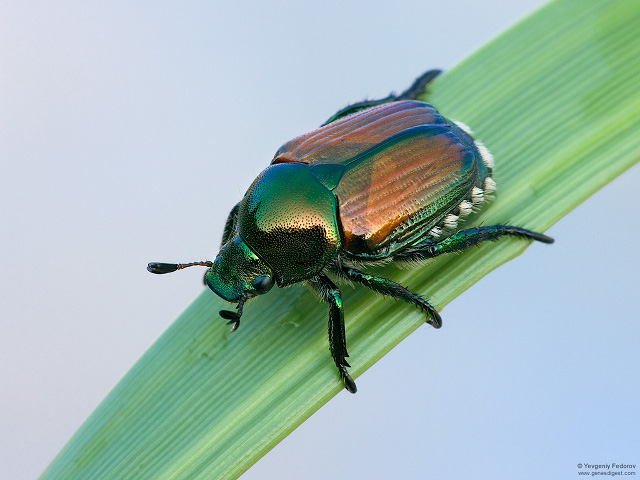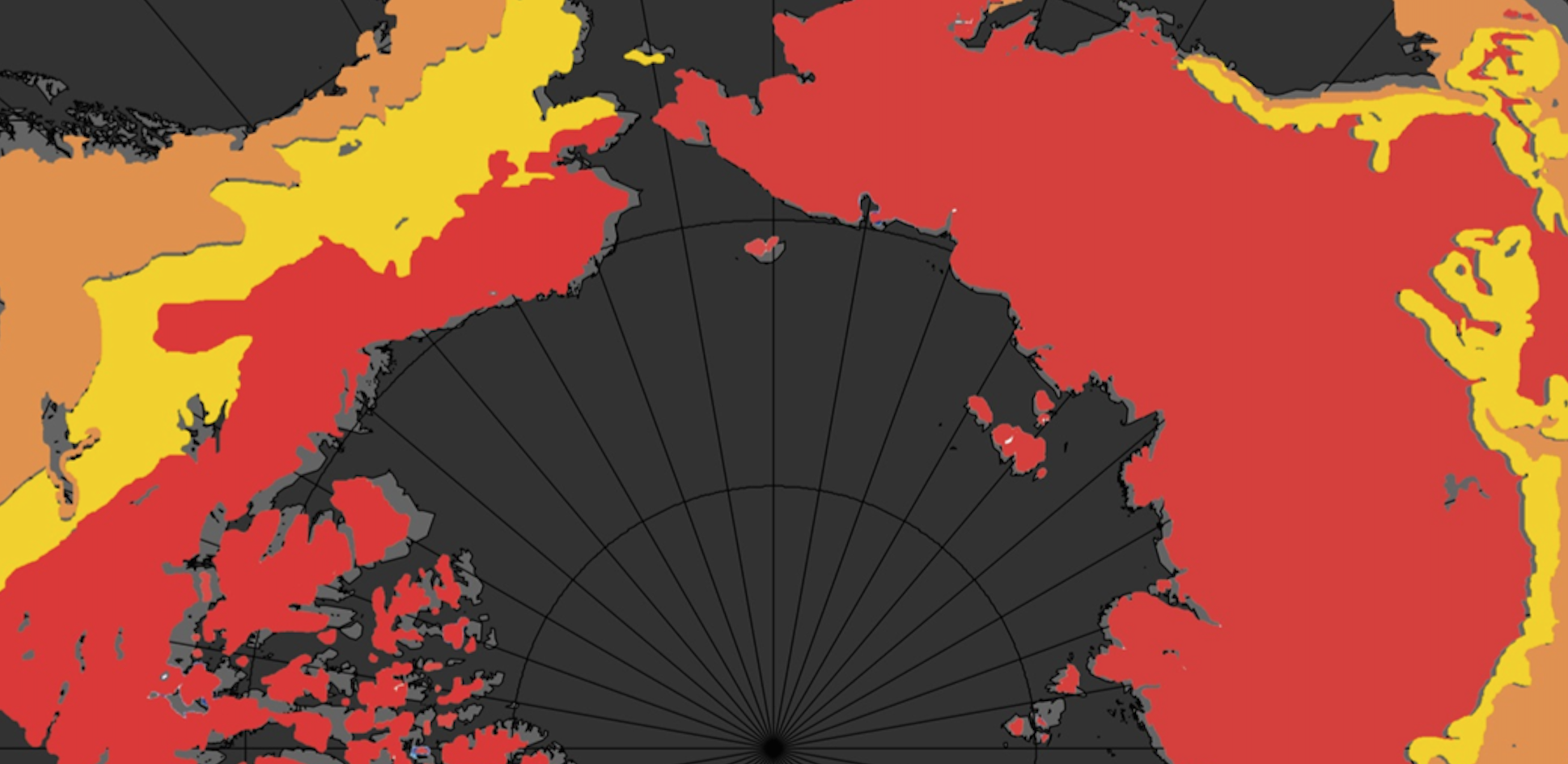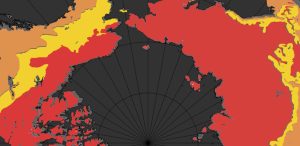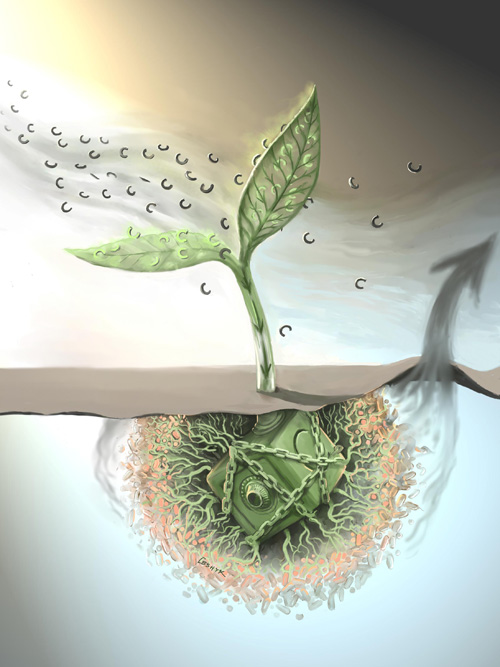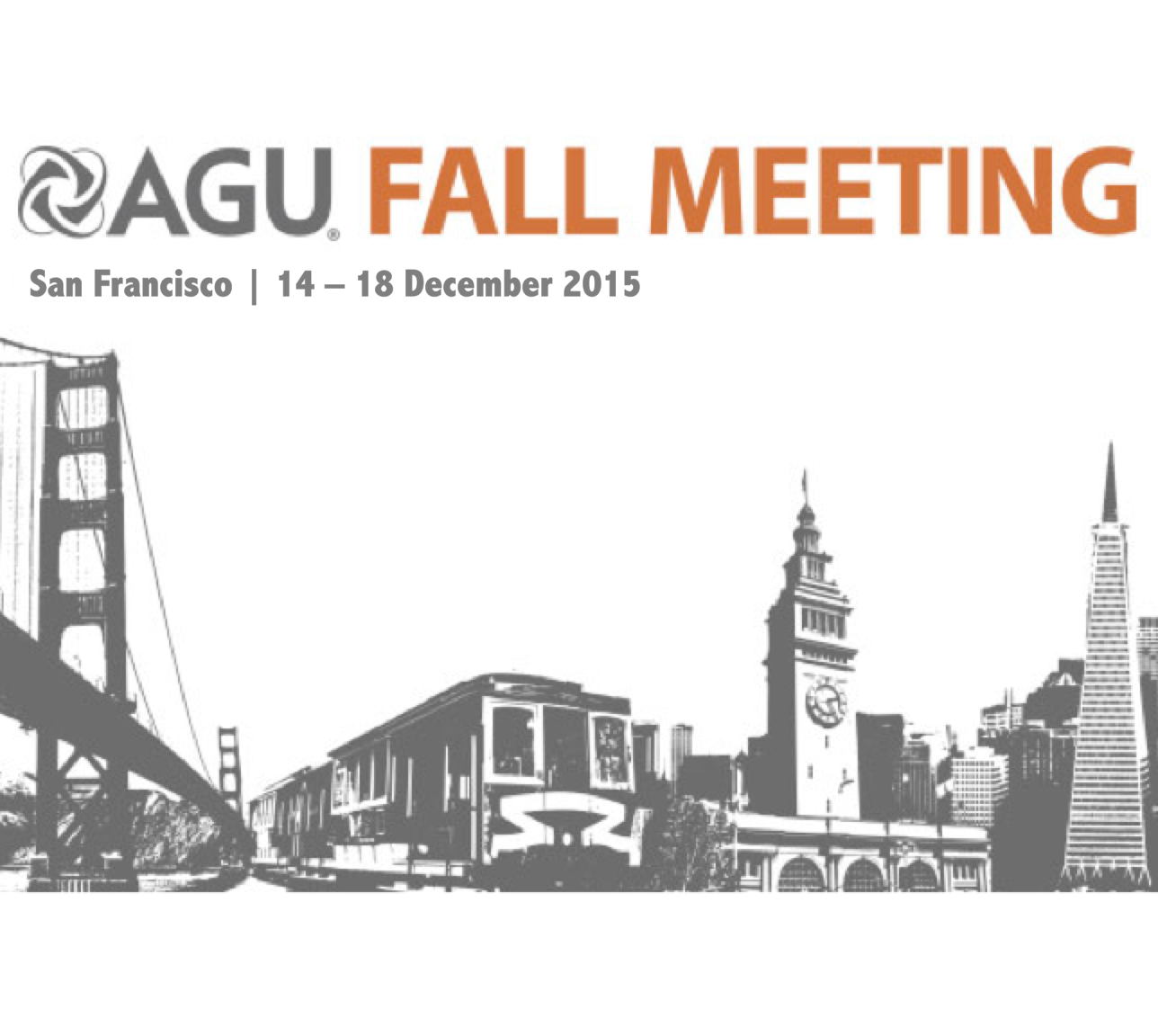Using stable hydrogen isotope signature in body tissue to model the source of origin and time since arrival
We’ve got your number: Tracing the source of invasive Japanese beetles March 9, 2016 Sonya Daw news.nau.edu Like a Southern drawl popping up on the West Coast, our accents mark us as newcomers. With time they fade, leaving only traces of our past in the occasional slip of a word. […]
